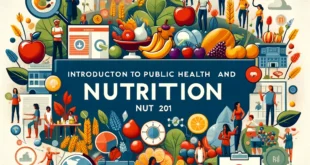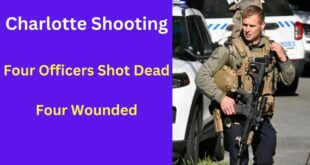According to a jury’s decision on Thursday, British musician Ed Sheeran didn’t copy significant parts of Marvin Gaye’s iconic 1970s song “Let’s Get It On” when he wrote his breakthrough song “Thinking Out Loud.”
Ed Sheeran covered his face momentarily in relief when the verdict from the New York jury that he did not violate the copyright was in positive, and then he stood up and embraced his attorney.
After a two-week trial, the singer Ed Sheeran performed in court, insisting, at times angrily, that the proceeding was a threat to all musicians who make their own music.
Ed Sheeran has won US copyright trial pic.twitter.com/DS7iw5gZTh
— Naija (@Naija_PR) May 4, 2023
Ed Sheeran defended himself against the case brought forth by the estate of songwriter Ed Townsend, who wrote the 1973 soul classic alongside Gaye while sitting courtside with his legal team throughout the trial. They claimed that “Thinking Out Loud” breached the copyright protection for “Let’s Get It On” since it was so similar to that tune.
Ben Crump, a lawyer representing the Townsend heirs, informed the jury at the beginning of the trial that Ed Sheeran occasionally played the two songs together. The jury saw a clip of a concert Sheeran performed in Switzerland, during which Sheeran is heard switching between the songs “Let’s Get It On” and “Thinking Out Loud” on stage. Crump said there was “smoking gun” evidence of his plagiarism of the well-known song.

Ed Sheeran demonstrated how he effortlessly combines songs during performances to “spice it up a bit” for his sizable crowds by repeatedly picking up a guitar that was laying behind him on the witness stand.
The upbeat demeanour that the English pop singer had when being questioned by his attorney, Ilene Farkas, almost disappeared during cross-examination.
After the verdict was announced on May 4, Mr. Sheeran released a statement in which he said, “These chords are common building blocks that were used to create music long before ‘Let’s Get It On’ was written and will be used to create music long after we are all gone.”
The conclusion of the case piqued the curiosity of the music business. Infringement lawsuits have shaken the industry over the past ten years, raising concerns about how much or how little of pop composers’ compositions may be protected by copyright and how susceptible they are to legal action.
The song by Sheeran, which was released in 2014, was a success and received a Grammy for song of the year. His attorneys said that the compositions were variations of a common chord sequence that was unprotected and publicly available to all composers.
Gaye was shot by his father in 1984 as he attempted to break up a disagreement between his parents, killing him at the age of 44. Although he had been a Motown superstar since the 1960s, his songs from the 1970s cemented his status as a musical legend of the generation.
In addition to writing the 1958 R&B doo-wop classic “For Your Love,” Townsend was also a lawyer and a vocalist who passed away in 2003. His daughter Kathryn Townsend Griffin testified at court that Sheeran was “a great artist with a great future.”
She claimed she had hoped there wouldn’t be a trial because “I have to protect my father’s legacy,” but that wasn’t to be.

My name is Guru, and I am a digital marketer, content writer, creator and teacher. My role at Breaking News Live 24 is to bring you all the latest news from the world of business and finance so that you can get every information related to it, Thank you!
 Breaking News Live 24
Breaking News Live 24



